
Compression Socks for Pregnancy: When & How Long Should You Wear Them?
june 19, 2023 | 4 Mins Read
TABLE OF CONTENTS
Pregnancy is a miraculous and transformative journey in a woman's life, filled with anticipation, joy, and the awe-inspiring creation of new life. However, this beautiful experience also comes with its fair share of challenges and physical discomforts.
In this article, we will explore the benefits of compression socks for pregnant women, highlighting how they can enhance comfort and well-being during this special time.
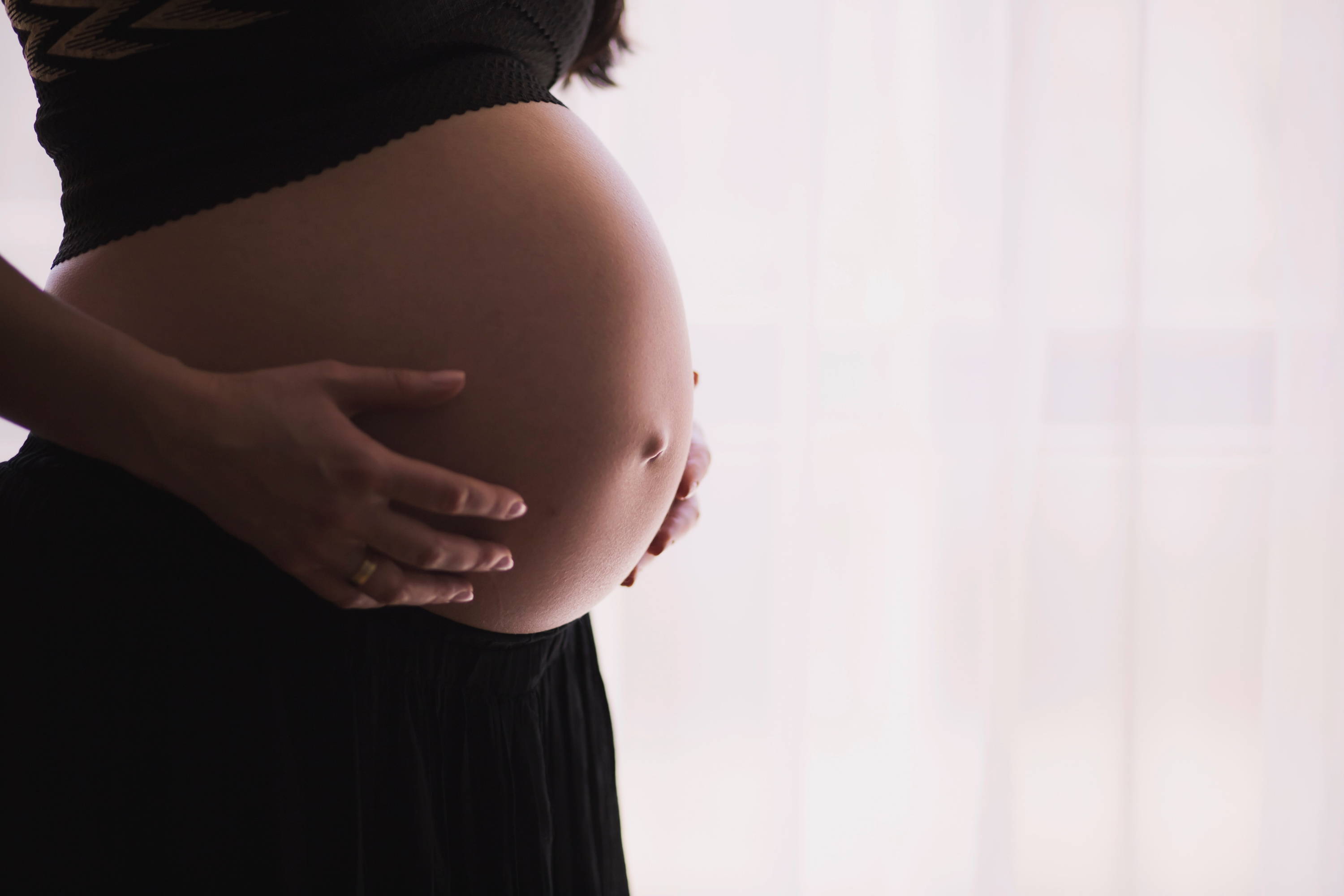
Did you know that pregnancy increases blood circulation by up to 50 percent? This is necessary for supplying oxygen and other essential nutrients to the developing baby. With these changes, a pregnant woman is likely to experience swelling, varicose veins, and other circulatory issues in the legs. Compression socks can help reduce these discomforts by improving blood circulation and providing support to the lower extremities.
Poor circulation during pregnancy can result in various discomforts such as:
Compression socks for pregnancy play a vital role in enhancing circulation by applying gentle pressure to the legs, assisting the veins in returning blood to the heart more efficiently.
A study conducted in 2019 examined whether compression stockings can control varicose veins during pregnancy. The results showed that pregnant women benefited from wearing compression stockings as they effectively reduced the symptoms of varicose veins.
However, it is important to note that compression socks may not be suitable for everyone, especially those with certain medical conditions or specific pregnancy complications.
Compression socks offer various benefits for pregnant women, helping to improve comfort and support overall well-being. The following are some of the ways compression socks can be beneficial during pregnancy:
Approximately 80% of pregnant women encounter swelling in their feet, also known as edema, during the third trimester. Normally, blood flows from the heart through the veins to the feet, and then returns back to the heart through the veins in a one-way flow system.
However, as your baby grows, your blood volume increases, your blood vessels dilate, and the pressure from the uterus on the pelvic veins intensifies. These factors collectively make it more challenging for the blood to flow back efficiently.
In 2022, a study was conducted to evaluate the effectiveness of compression stockings in preventing lower limb edema in pregnant women. The findings of the study revealed that compression stockings were indeed effective in reducing or preventing edema in the lower limbs of pregnant women. Additionally, it was observed that pregnant women had a positive perception of wearing these stockings.
The extra weight and hormonal changes during pregnancy often contribute to leg pain, cramps, and general discomfort. Compression socks can provide much-needed relief by supporting the muscles and reducing strain. The graduated pressure they exert helps ease muscle fatigue, minimize aching, and promote a more comfortable experience throughout the day.
Pregnant women have an increased risk of developing blood clots due to changes in blood composition and reduced blood flow. Compression socks play a crucial role in mitigating this risk by enhancing circulation and preventing the formation of blood clots.
Exercise is important during pregnancy for maintaining overall health and well-being. Compression socks provide valuable support during physical activity, helping to reduce fatigue and the risk of injury. The graduated compression therapy they offer helps to reduce muscle strain, prevent swelling and soreness, and support the legs throughout movement.
Beyond the functional benefits of compression socks, they can also improve leg comfort during pregnancy. They help to regulate the temperature in the feet and legs, providing a soothing effect that reduces discomfort while aiding relaxation. Additionally, the breathable fabric helps to keep your feet and legs feeling cool, dry, and comfortable all day long.
Expert tip:
Sitting for prolonged hours can increase the chances of developing deep vein thrombosis (DVT). If you're going for long travels, you should make it a point to make some frequent stops and do basic stretching exercises. For long flights, doing some cabin walks or calf stretches is best to promote circulation. Do not drink caffeinated beverages, as these can act as diuretics and dehydrate the body. The pressure and humidity changes on the plane can lead to swelling in your legs and feet so it's best to wear compression socks during travel.
Compression socks can be worn starting from the first trimester of pregnancy, although the need for them may become more pronounced during the second and third trimesters. The third trimester, in particular, is when many women experience increased swelling in their feet and ankles due to the growing uterus putting pressure on the veins, making it more challenging for blood to travel upward and return to the heart.
Wear your pregnancy compression socks first thing in the morning or when you taking walks or exercising. It is recommended to wear your compression socks for at least 4-6 hours per day to prevent the accumulation of fluid in your legs and feet. Take them off before going to bed and when taking a shower.
When it comes to wearing compression socks during pregnancy, there are several important safety considerations that expecting mothers should keep in mind. While compression socks can provide numerous benefits, it's crucial to ensure they are used appropriately and without any potential risks.
Here are some key safety considerations:
Being aware of these safety considerations is key to getting the most out of compression socks during pregnancy.
Expert tip:
Every pregnancy is unique, and what works for one woman may not necessarily work for another. Prioritize your well-being and consult with a healthcare professional for personalized advice.
When it comes to selecting compression socks for pregnancy, it's essential to consider factors such as the level of compression, and proper sizing and fitting.
Here's a detailed guide to help you choose the right compression socks for your needs:
The doctor's recommended level of compression socks during pregnancy is 15-20 mmHg for mild swelling, while 20-30 mmHg is usually prescribed for moderate to severe swelling. A 20-30 mmHg compression sock is still comfortable and most ideal for preventing the risk of DVT. Below is a detailed guide on the different levels of compression and their uses:
Proper sizing and fitting are essential for the optimal benefits and comfort of compression socks during pregnancy. Consider the following guidelines when selecting the right size:
Read here to learn more about how tight should compression socks be.
Koprez is a renowned brand known popular among athletes, health professionals, and expecting mothers for its medical-grade graduated compression. Our best-selling knee-high compression socks are designed to provide the perfect level of support and comfort during pregnancy. With our unique gradient compression technology, they gently squeeze your legs from the ankle up, promoting circulation and oxygen flow.
Moisture-wicking and ultra-breathable fabric provide superior comfort, while our special non-binding top band ensures the sock stays in place without any slipping or irritation. It's especially useful if your nearing your third trimester and finding it harder to bend down to pull your socks up.
Available in a medical-grade and moderate level of compression—20-30 mmHg—Koprez compression socks are designed with pregnant women’s needs in mind. We've designed our socks to alleviate common leg-related conditions such as edema, swelling, and varicose veins.
When used properly and with caution, compression socks can be beneficial for expectant mothers during pregnancy. From providing extra comfort to managing symptoms such as swelling or varicose veins, they are a great way to ease the discomforts of pregnancy.
Shop today at Koprez® for your perfect pair of medical-grade pregnancy compression socks and enjoy the added comfort of wearing compression socks during pregnancy.






References
Author

Claire Evans worked as the content marketing manager at Koprez. Claire combined a background of writing and editing, marketing, and patient education to best serve consumers, fitness enthusiasts, athletes, and anyone who relies on the Koprez brand for helpful information.
Koprez® Featured Products


"I sprain my wrist super often, so I decided to try out this sleeve. This is game-changing! I've been using it for a while now, and my wrists feel amazing. I haven't gotten in any injuries since using it too. It just makes my wrists feel so supported."
Alexis A.
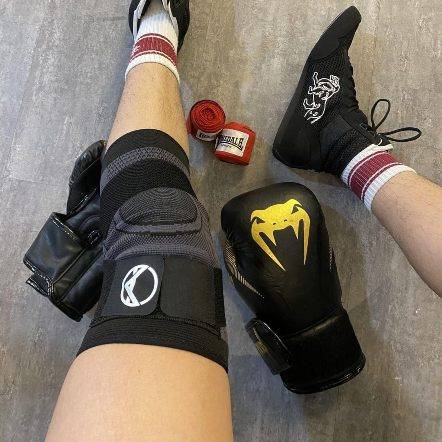

"Use this for my boxing training. It is a very comfortable brace and does not move out of position during skipping ropes and sparring sessions. I use it while running too. Probably the best brace I've purchased throughout the years. It is very flexible. Makes me look like a pro! :)"
Samuel L.


"I've just got back to running after a couple of years of being plagued by injury. These compressions socks are helping give me peace of mind while I build up my distance again. They are the perfect level of compression, super comfy, and very high quality. Feel great while on a run, and looks great in the orange colour I have!"
Dave R.
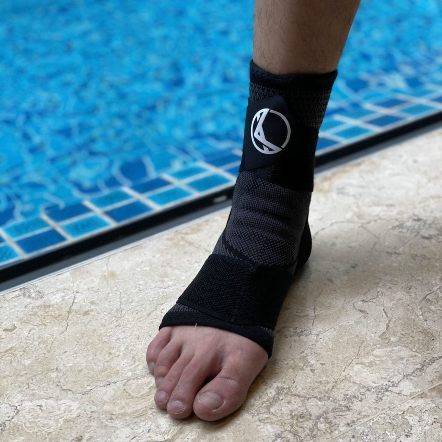

"I have a weak ankle, and the Koprez ankle sleeve has been a lifesaver. Wear it every day. Super breathable and comfortable. Like wearing a cool sporty looking sock!"
James F.


"This is the best knee sleeve I've ever tried. It's now a must-have for all my exercises. A few years ago, I had an accident that damaged my knees, but with Koprez I can be active again with no knee pains at all. It's been truly amazing!"
Alex M.
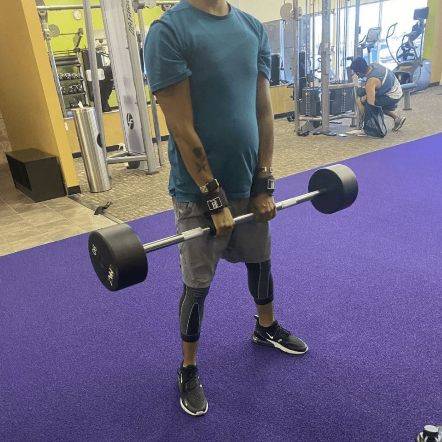

"One of the best purchases I've ever made. It fits your legs all the way from top to bottom, great snug fit, gives you support and definitely helps during rehab and training."
Rafael A.


"I had a minor elbow injury, and Koprez sleeve was super supportive and definitely helped me recover faster. I still use the sleeve to prevent further injury. So far, so good. Very comfortable and does not feel hot at all. Highly recommend!"
Corey B.


"It's really been a game-changer for me. It allows me to exercise a lot longer than I used to. Now my knees don't hurt, and they're not uncomfortable at all."
Mike P.


"Great product!!"
Harold
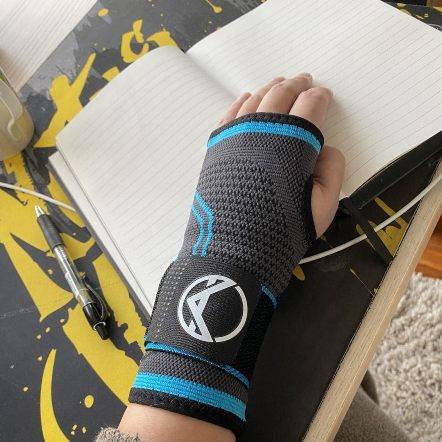

"I have carpal tunnel, and this brace has helped me work pain-free. Love the materials, and I can feel my wrists slowly getting better, even when I don't wear them!"
Christopher J.
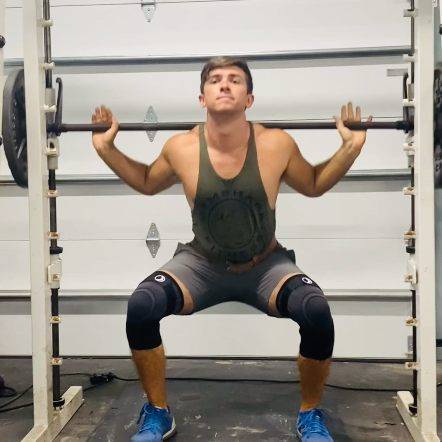

"I wanted to try out these sleeves to improve my squats and deadlift in the gym without worrying about injuring my knees. They stayed up throughout the entire gym session, and my knees feel super supported. Now I can do what I love for years to come. "
Corbin C.